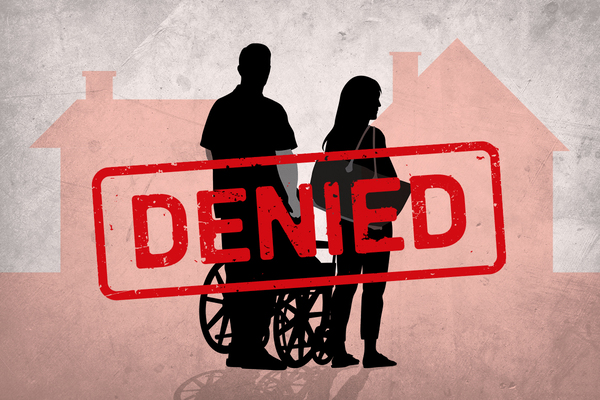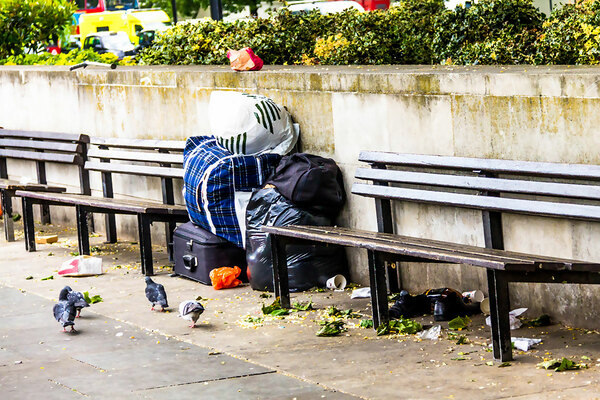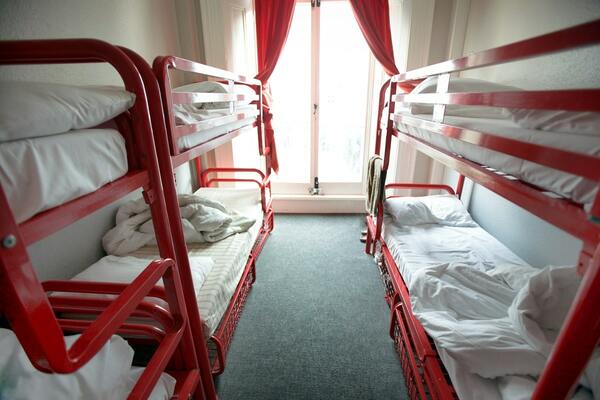You are viewing 1 of your 1 free articles
Hundreds of vulnerable people refused temporary housing, exclusive data reveals
More than one domestic abuse survivor a day was denied access to temporary accommodation by English councils last year, along with hundreds of other vulnerable people, new figures obtained by Inside Housing reveal.
Government data acquired through Freedom of Information Act requests provides the most comprehensive picture so far of how many vulnerable people applying for housing are missing out.
The data shows that 525 (13%) out of 4,192 homeless applicants at risk of or who had experienced domestic abuse were found not to be in priority need for housing in the year up to June 2019. A total of 176 (19%) of 901 people at risk of or who had experienced sexual exploitation fell into the non-priority category.
Of the 5,889 applicants deemed in ill health or to have a physical disability, 1,143 (18.7%) were labelled non-priority, and 405 (23.1%) of 1,777 applicants with a learning difficulty were labelled that way.
Under legislation, councils have a duty to find temporary or settled accommodation for homeless households only if they are found to be in priority need, for example if a member of the household is pregnant or is a dependent child.
Government guidance says a council may find an individual with support needs – including a disability or a history of abuse – to be in priority need for housing, but only if that person can prove they would be “significantly more vulnerable than an ordinary person if they became homeless”.
Melanie Rees, head of policy and external affairs at the Chartered Institute of Housing, responded to the new figures saying: “We simply shouldn’t be in a situation where homeless people who are fleeing domestic violence, disabled or have learning difficulties are turned away when they need help the most.”
She added: “[The fact] that we are [in this situation] is a legacy of years of failing to invest in building new homes of all kinds, including homes at social rents and housing with support, and a welfare system that no longer covers people’s housing costs.
“If government is serious about ending the scourge of homelessness, and the human suffering it is causing, it must address these two issues without delay.”
People with a history of mental health problems were the biggest category of vulnerable people to apply. Of the 9,193 individuals applying, 2,637 (29%) applicants were found to not be priority need and therefore denied access to accommodation.
This more detailed way of reporting was introduced only when the Homelessness Reduction Act came into force in April 2018, making it the first time yearly data has been available.
The yearly data accounts for 52% in the first quarter of the year and between 75% and 80% for the last three quarters of the year.
David Renard, housing spokesperson for the Local Government Association, said that councils’ homelessness services are under pressure due to a rising demand driven by a shortage of social housing and while councils want to work with government to prevent homelessness, funding pressures are limiting what they can do.
He added: “It is important that government invests in homelessness prevention in the forthcoming Budget and gives councils the funding and powers they need to prevent homelessness and get back to building the affordable homes the country needs.”
A government spokesperson said it changed the law so councils have a duty to provide accommodation to those who need it.
Hannah Gousy, head of policy and campaigns at Crisis, said: “The pressure on councils and the limited availability of affordable accommodation does make it more difficult to provide safe and settled housing for people in this situation.”
Sign up for our care and support newsletter
Already have an account? Click here to manage your newsletters













